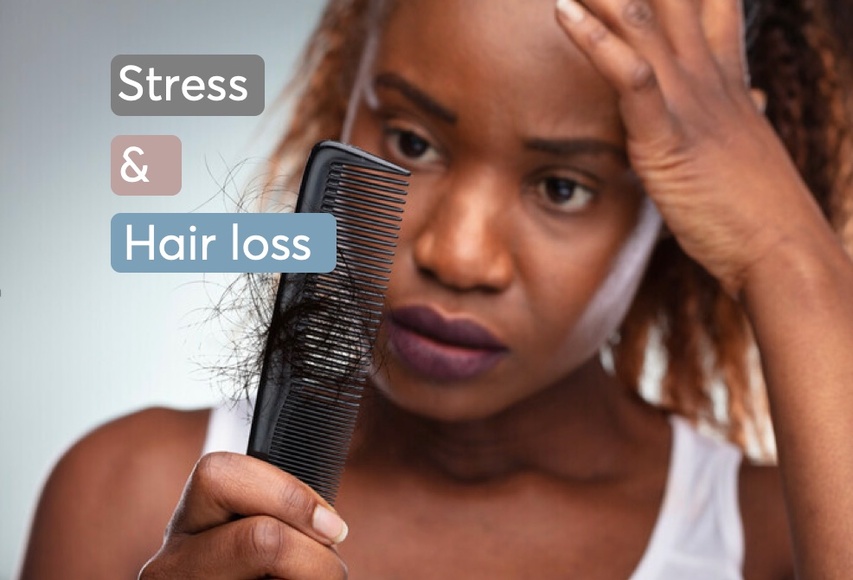Blitz News Digest
Stay updated with the latest trends and insights.
Hair Today, Gone Tomorrow: The Mysterious World of Hair Loss
Uncover the secrets of hair loss! Discover causes, treatments, and surprising facts in this captivating journey through the world of thinning hair.
Understanding the Causes of Hair Loss: Myths vs. Facts
Hair loss is a common issue that affects millions of people worldwide, but understanding its causes can often be clouded by myths and misconceptions. One prevalent myth is that hair loss is primarily a result of stress. While stress can contribute to certain types of hair loss, such as telogen effluvium, it is not the sole factor. Genetic predisposition, hormonal changes, and nutritional deficiencies also play significant roles. Recognizing these facts can help individuals seek appropriate treatments and avoid unnecessary worry.
Another common misconception is that washing your hair too frequently causes it to thin. In reality, regular washing is essential for maintaining a healthy scalp and hair. Factors such as age, medical conditions, and family history are much more influential on hair health. It's important to debunk these myths and focus on proven facts to better understand your own hair loss journey. By consulting with professionals and educating yourself, you can navigate the available options for hair restoration and maintenance more effectively.

Top Treatments for Hair Loss: What Works and What Doesn't
Hair loss can be a distressing issue for many, but understanding the top treatments for hair loss can empower individuals to make informed decisions. Some of the most effective options include minoxidil, an over-the-counter topical treatment that promotes hair regrowth, and finasteride, a prescription oral medication that reduces dihydrotestosterone (DHT) levels, often the root cause of male pattern baldness. Additionally, advanced treatments such as platelet-rich plasma (PRP) therapy and hair transplant surgery can be considered for those seeking more permanent solutions. Each of these methods has its pros and cons, making it essential for individuals to explore what truly works for their specific condition.
However, not all treatments yield the same results, and some may even be ineffective or counterproductive. For instance, dietary supplements that promise to stimulate hair growth often lack scientific backing. Moreover, products claiming miraculous results within days should be approached with skepticism. Instead, focusing on proven methods and consulting with a healthcare professional will ensure that you choose the right path in managing hair loss. It's crucial to recognize that while some treatments may work well for others, individual results can vary significantly, underscoring the importance of personalized treatment plans.
Is Hair Loss Reversible? Exploring Your Options
The question of hair loss being reversible is one that many people grapple with. Understanding the underlying causes of hair loss can be the first step in determining possible solutions. Factors such as genetics, hormonal changes, medical conditions, and lifestyle choices all play a role in hair health. For those experiencing hair thinning or shedding, it is essential to consult with a healthcare provider to pinpoint the exact cause. Depending on the diagnosis, various treatments may be available, ranging from topical solutions like minoxidil to advanced procedures like hair transplants.
Exploring your options for reversing hair loss can also include natural remedies and lifestyle adjustments. Here are some popular approaches:
- Dietary Changes: Ensuring a balanced diet rich in vitamins and minerals can support hair growth.
- Stress Management: Techniques such as yoga and meditation can help reduce stress, a common contributor to hair loss.
- Scalp Treatments: Regular massages and oil treatments may promote increased circulation and healthier hair follicles.
Ultimately, while hair loss can be distressing, many options exist that can lead to improvements. By understanding the causes and exploring available treatments, individuals can take proactive steps towards healthier hair.